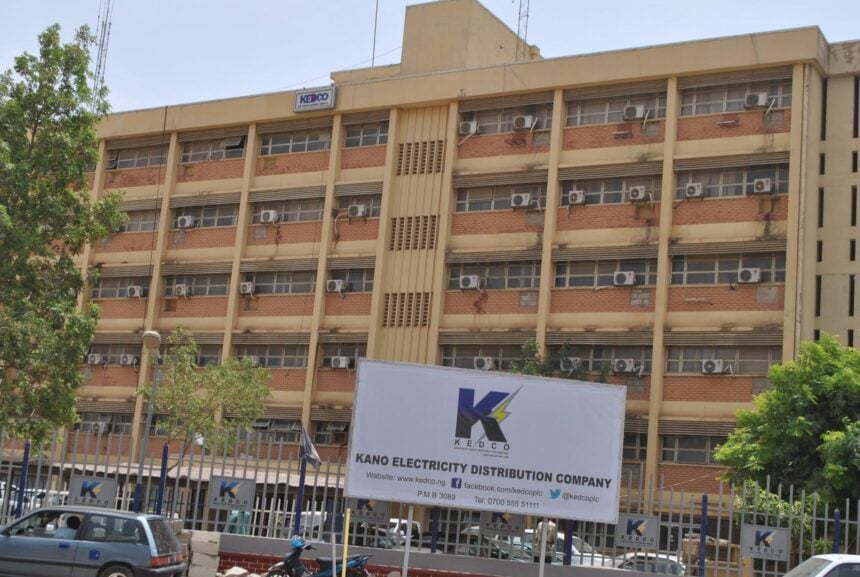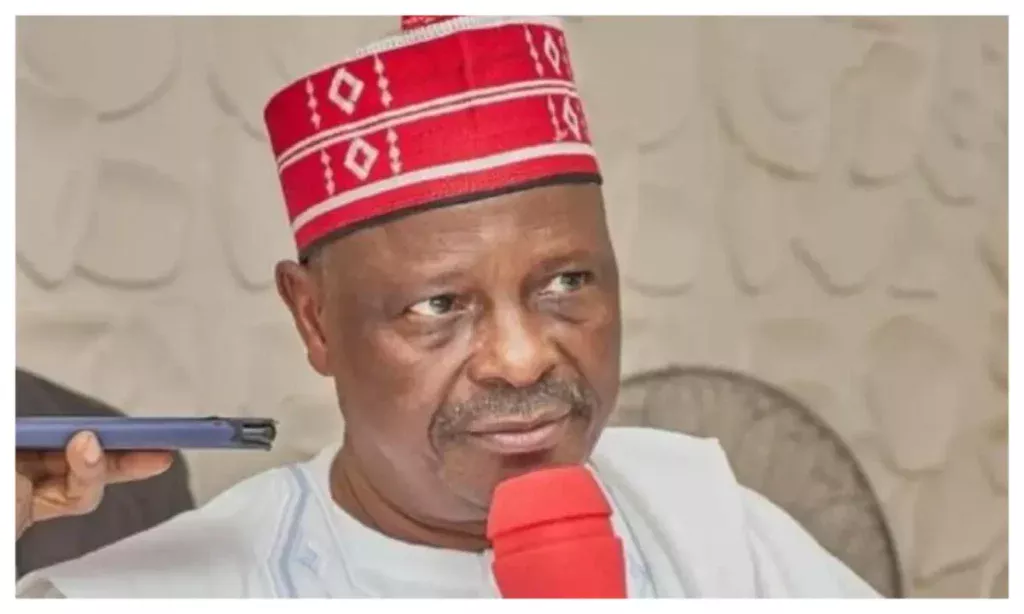African nations are still grappling with underdevelopment, a challenge that is intricately tied to ineffective leadership and inadequate governance systems.
Besides countries under military rule, even those in democratic settings are struggling with flawed electoral processes during government transitions, leading to a scarcity of visionary political leaders and stunted growth across the continent.
Dr. Obiageli Ezekwesili, the former Nigerian Education Minister and one-time presidential candidate, is one of those deeply troubled by this predicament, especially as it continues to adversely impact the African populace.
In an effort to tackle this issue, Ezekwesili advocates for the empowerment of young men and women across Africa to take charge of their respective countries.
She recently spoke at the graduation ceremony of the School of Politics, Policy, and Governance (SPPG), an innovative institution designed to nurture a new breed of political leaders who prioritize the needs of their fellow citizens.
Ezekwesili envisions this school as a platform for educating future leaders and public officials who are committed to the advancement of their nations and the welfare of all citizens. She passionately emphasized the school’s significant role in equipping leaders with the necessary values, knowledge, and skills essential for addressing Africa’s intricate development challenges.
Setting her sights on the continent’s leadership deficit, Ezekwesili stressed the urgency of leveraging technology and embracing innovative approaches to stimulate economic growth.
She also highlighted the need for African leaders to actively participate in global governance conversations, particularly in the face of issues like poverty, inequality, and disruptive technologies.
Additionally, she pinpointed Nigeria’s leadership issues, attributing them to a distorted political culture where personal interests supersede public welfare. Ezekwesili emphasized the imperative of instilling a new mindset in aspiring leaders, one that prioritizes serving the public good through ethical governance and strategic policymaking.
Highlighting the significance of strong institutions in Africa, Barr Olu Omotayo of the Civil Rights Realisation and Advancement Network stressed the essential role that robust institutions play in ensuring effective governance and development.
He called for a concerted effort to cultivate citizens who are willing and able to challenge the existing norms and defend the integrity of institutions, underscoring the pivotal role of an informed and empowered citizenry in driving positive change.
It is evident that the quest for effective leadership and good governance in Africa requires a multi-pronged approach, involving the grooming of visionary leaders, the strengthening of institutions, and the empowerment of citizens to demand transparency and accountability from their leaders.



